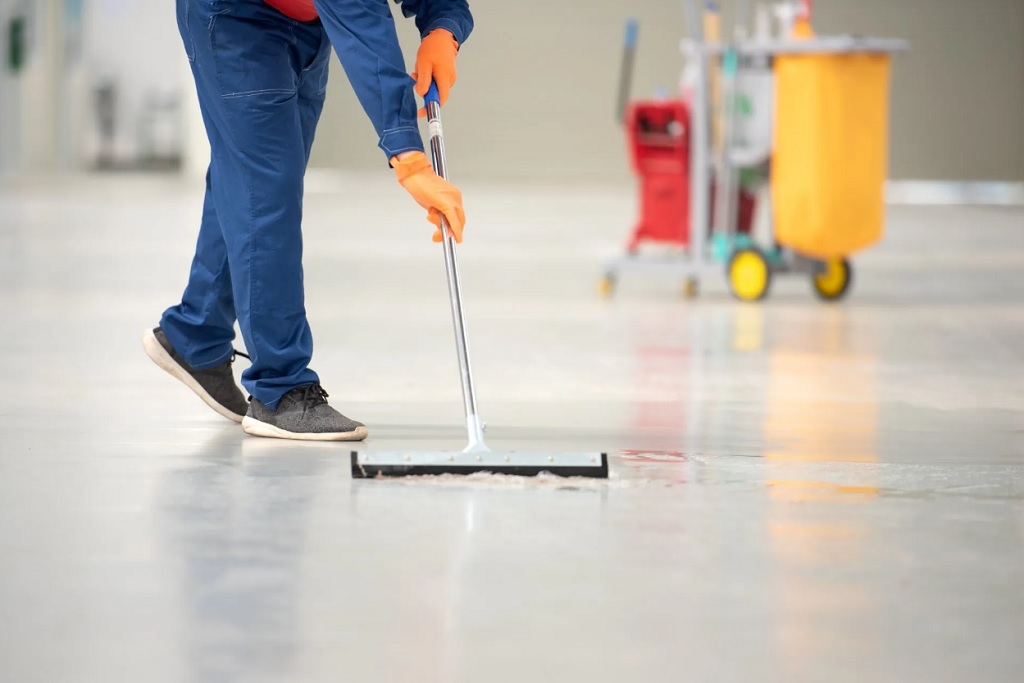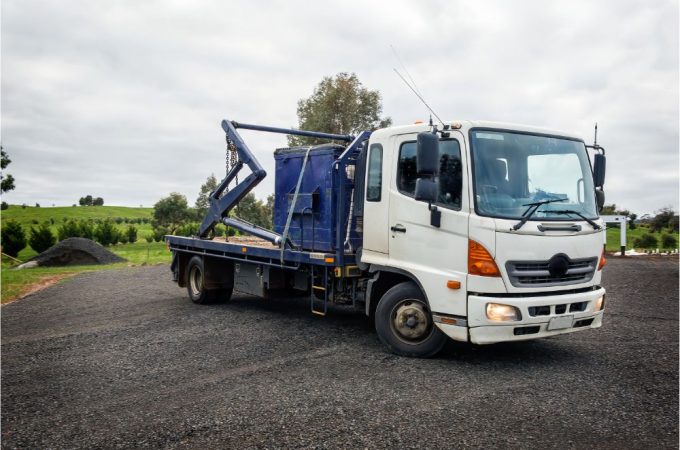
All You Need to Know About Eco Friendly Warehouse Flooring Options
As warehouse operations evolve, have you ever wondered how your choices reflect your respect for the environment? Is it possible to have a floor in your warehouse that’s both practical and environmentally friendly? Are there actually greener alternatives to traditional warehouse flooring that fulfil the necessary criteria of durability, ease of maintenance, and cost-effectiveness? Yes, there is – and its high time we prioritized sustainability in every aspect of our operations, warehouse flooring being no exception. This comprehensive guide will walk you through everything you need to know about eco-friendly warehouse flooring options, explaining why they’re a wise choice, what options are available, where they can be used, and who are the major market players.
Why Choose Eco-friendly Warehouse Flooring Options?
Eco friendly warehouse flooring is more than a fad – it’s a conscientious move towards environmental sustainability. By choosing eco-friendly materials, you are reducing your carbon footprint, promoting the recycling industry, and avoiding hazardous chemicals often associated with traditional flooring. Sustainable flooring also has a surprisingly positive effect on your business image, showing your commitment to green initiatives. To add to its appeal, the long-term cost-effectiveness of these materials makes it an attractive choice for the budget-conscious warehouse manager.
What Are Some Eco-friendly Warehouse Flooring Options?
Think green flooring, think a myriad of options. Recycled concrete, for instance, retains the durability and low cost of traditional concrete but has a significantly lower environmental impact. Bamboo and cork floors, renewable resources that regenerate quickly, are ideal for areas with less foot traffic. Rubber flooring, made from recycled vehicle tires, offers exceptional durability and cushioning. Recycled PVC and linoleum, also eco-friendly choices, are versatile options with considerable life spans.
When Should You Transition to Eco-friendly Flooring?
The perfect time to switch to eco-friendly flooring is during a planned renovation or if a current floor is showing signs of damage. However, given the long-term benefits of sustainable flooring, considering a proactive switch isn’t a bad idea either, even if your current flooring is still functional.
Who Provides These Sustainable Flooring Solutions?
Several renowned companies specialize in green flooring for warehouses. Industry giants like Rubber Flooring Inc, Green Building Supply, and ECO surfaces Commercial Flooring have a variety of options to suit your budget and warehouse requirements.
Pros and Cons of Eco-Friendly Flooring
Like most things, eco-friendly flooring has its advantages and disadvantages. On the pro side, they offer long-term cost-effectiveness, durability, health safety, and a lowered environmental impact. Conversely, they may have higher upfront costs, limited accessibility, and sometimes may lack the raw, rugged aesthetic appeal of traditional warehouse flooring.
Exploring Trending Flooring Options: Stained Concrete and Epoxy
Stained concrete, a mix of style and resilience, transforms old concrete floors into visually pleasing surfaces. Epoxy, a high-performance material, offers a gloss finish and is impervious to oils and chemicals. Both options can be made eco-friendlier by incorporating green practices during installation and maintenance.
Conclusion: Making the Green Move
In today’s world, incorporating eco-friendly practices into all elements of your operation has become necessary, warehouse flooring being a crucial component. Transitioning to eco-friendly floors such as bamboo, cork, recycled rubber, or concrete is not only beneficial for the Earth but also has surprising benefits for your business, including cost-effectiveness and a positive brand image. The upfront expenses might be daunting, but remember, the financial and environmental benefits of sustainable flooring in the long run certainly make it worth considering. So, let’s take that conscious leap towards sustainability, beginning right from the ground up!





